|
Have you ever felt hangry? Yes, that’s right, hAngry with an “a”. Hangry is bad-tempered or irritable as a result of hunger. It’s difficult to be in a good mood when your body is lacking in energy and nutrients. I feel hangry if you don’t eat well and regularly throughout the day. My partner can prove this, when I’m in a bad temper he always asks me if I’m hungry and gives me an apple. That tends to work quite well with me :) Does this resonate with you? What we eat can influence our brain structure, chemistry, and physiology which lead to changes in behavior. Nutritional deficiencies can lead to tiredness, changes in mood, depression, and accelerate the brain ageing process. The main nutrients with influence in our mood and brain health are omega-3, tryptophan, carbohydrates, iron, vitamins B, folate, and selenium. Omega-3 Omega-3 is a fatty acid important for good function of the brain, heart and eye health. It has anti-inflammatory effects, it may help relieve depression and slow down the ageing process of the brain. The three most important types are ALA (alpha-linolenic acid), DHA (docosahexaenoic acid), and EPA (eicosapentaenoic acid). ALA is mainly found in plants, while DHA and EPA occur mostly in animal foods and algae. Omega-3 can help with the mood, because for example, omega-3s can easily travel through the brain cell membrane and interact with mood-related molecules inside the brain. Omega-3 is present in oily fish, like salmon, trout, sardines, pilchards, and fresh tuna. And plant sources like flaxseeds, chia seeds, pumpkin seeds, kale, walnuts, cauliflower, Brussel sprouts. It’s recommended to consume two portions of fish a week, being one of them oily fish (140g). If you don’t consume the minimum amount of fish recommended, you should consider taking a Omega-3 supplement, like fish oil or algae oil. Before taking any supplements, talk to a health professional - doctor or dietitian. Tryptophan Tryptophan is important for improving serotonin levels (the hormone that makes us feel happy). Tryptophan is an essential amino-acid (small protein molecule) that cannot be produced by our body so needs to come from the diet. Foods like chicken, eggs, cheese, fish, peanuts, pumpkin and sesame seeds, milk and turkey, contain tryptophan. Carbohydrates Carbohydrates are the main source of energy for our brain. Think about carbs like fuel for the car. Not eating carbs regularly can make you have low blood sugar levels, poor concentration, and feeling tired. The brain consumes 20% of energy. Carbs are coming from fruit, vegetables, cereals, bread, rice, potatoes, sugars, and lactose in milk. However, eating more carbs does not necessarily give you more energy. Know your portions sizes. Excess carb intake can lead to weight gain. Iron Low iron levels make you feel tired and weak all time. Iron is important in making red blood cells, which carry oxygen around the body. Sources: liver, red meat, poultry and fish, beans and pulses, fortified cereals. Women need a lot more iron than men. As you can see on the daily recommendations below:
You should be able to get all the iron you need from your daily diet. However women who lose a lot of blood during their monthly period (heavy periods) are at higher risk of iron deficiency anaemia and may need to take iron supplements. If you think you might have iron deficiency, request a blood test from your doctor. Vitamins B (B1, B3, B12) Deficiency in vitamins B makes you feel depressed or irritable and tired. Vitamins B have the important function of releasing energy from food. So it makes sense you will feel tired if you have a vitamin B deficiency. You should be able to get the amount needed from your diet. Sources: wholegrain cereals, animal protein foods such as meat/fish, eggs and dairy. Folate Deficiency in folate increases the risk of you feeling depressed. Folate is a B vitamin found in many foods. The manmade form of folate is called folic acid. Folate helps the body form healthy red blood cells, reducing the risk of birth defects called neural tube defects, such as spina bifida, in unborn babies. A lack of folate could lead to folate deficiency anaemia. Folate is found in liver, green vegetables, oranges and other citrus fruits, beans and fortified foods such as yeast extract (marmite) and fortified breakfast cereals. If you're pregnant, trying for a baby, or could get pregnant, it's recommended that you take a 400 microgram folic acid supplement daily until you're 12 weeks pregnant. Selenium Selenium deficiency makes you feel depressed. Selenium is a mineral that plays a critical role in metabolism and thyroid function and helps protect your body from damage caused by oxidative stress. A diet rich in selenium may help prevent mental decline and improve memory loss in people with Alzheimer’s disease. Sources: Brazil nuts, oysters, meat, fish, seafood, seeds, mushrooms. For mood boosting recipes, check it out this website, click here. Conclusion
What we eat influences our body and brain function. A balanced and varied diet is crucial to give us energy and all the nutrients needed for the good function of our bodies. We feel good when we take care of our body by eating good food. Don’t diminish the importance of food for your health and well being. Don’t take any supplements if not advised by a doctor or dietitian. Joana Jardim MSc Clinical Dietitian Founder of Yourdietadvice.com Sources: https://www.bda.uk.com/resource/food-facts-food-and-mood.html https://www.healthline.com/nutrition/what-are-omega-3-fatty-acids#benefits https://www.nhs.uk/conditions/vitamins-and-minerals/vitamin-b/ https://www.healthline.com/nutrition/selenium-benefits#The-bottom-line
4 Comments
21/12/2020 05:04:52 am
Hey , Thanks for the healthy living weight loss diet tips and very useful for all age group people. Guys R0cking tips , highly effective and So many benefits to keep our body in shape and fit as well. Please keep sharing us more useful and valuable blogs .
Reply
3/5/2023 02:10:10 pm
Thank you for sharing with us,I too always learn something new from your post. we provide.<a href="https://efc.com.ph/culture">Top distribution partner for fmcg companies</a>
Reply
5/5/2023 11:49:10 am
Thank you for this article. It was very useful. I appreciate the research and effort you put into this post. It shows.
Reply
Leave a Reply. |
Categories
All
AuthorHi, I'm Joana, a Portuguese registered dietitian in the UK. I am passionate about helping others achieving their health goals. Archives
June 2024
|


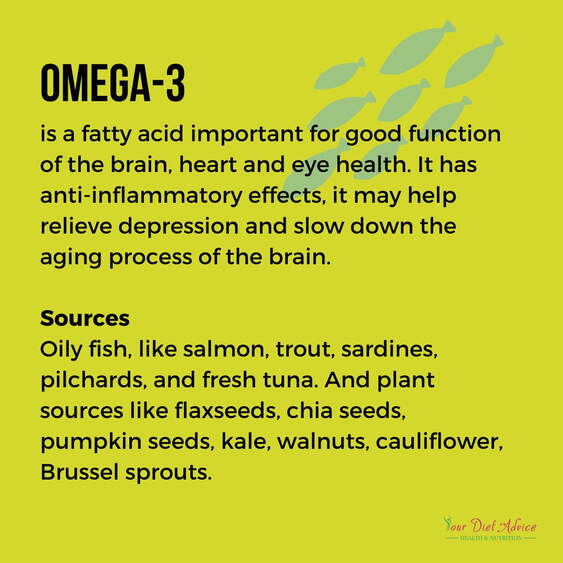
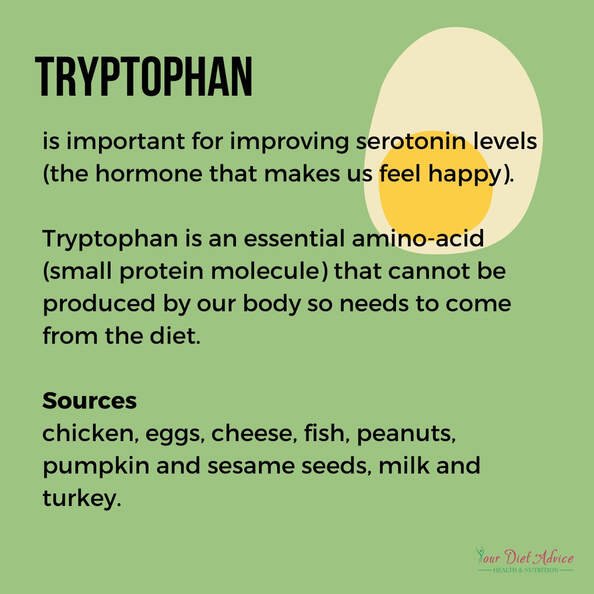
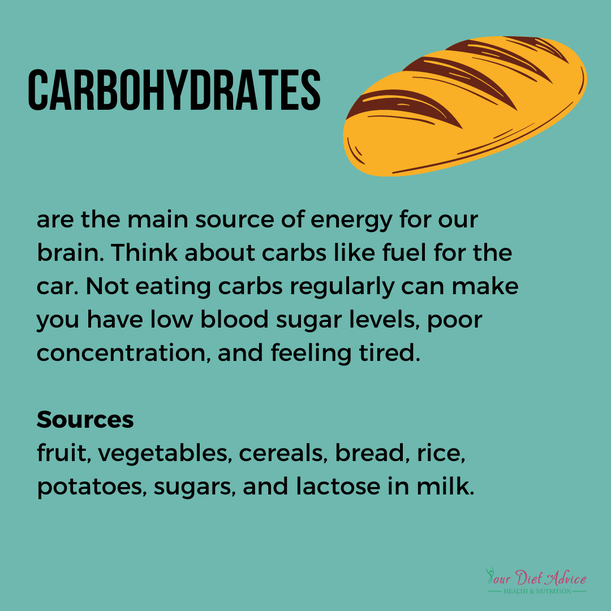
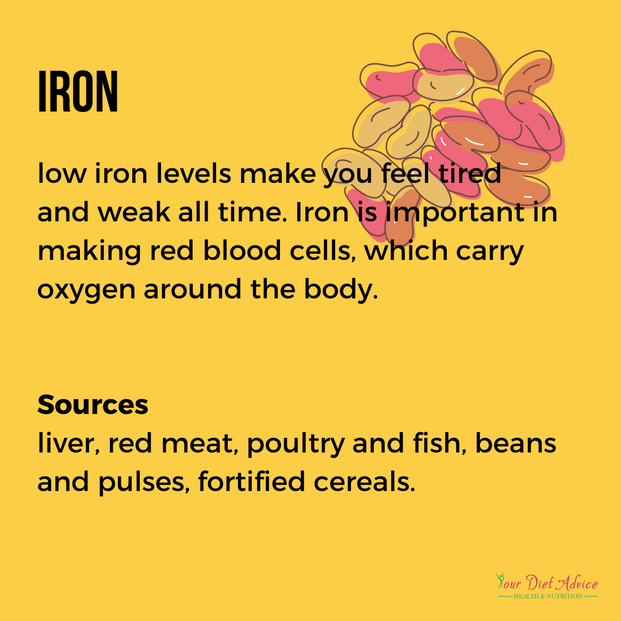
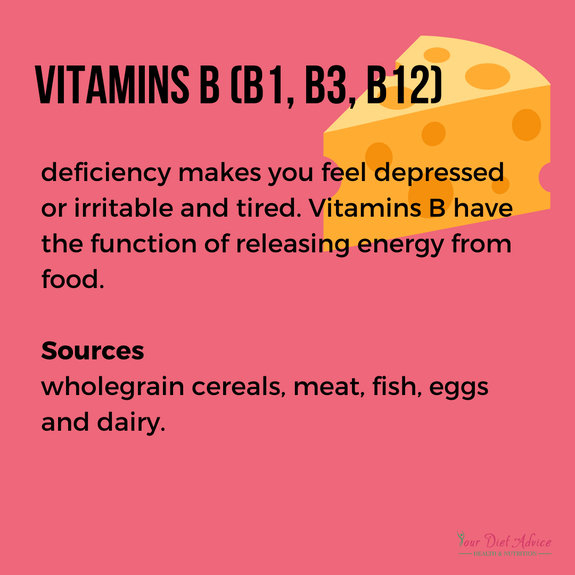
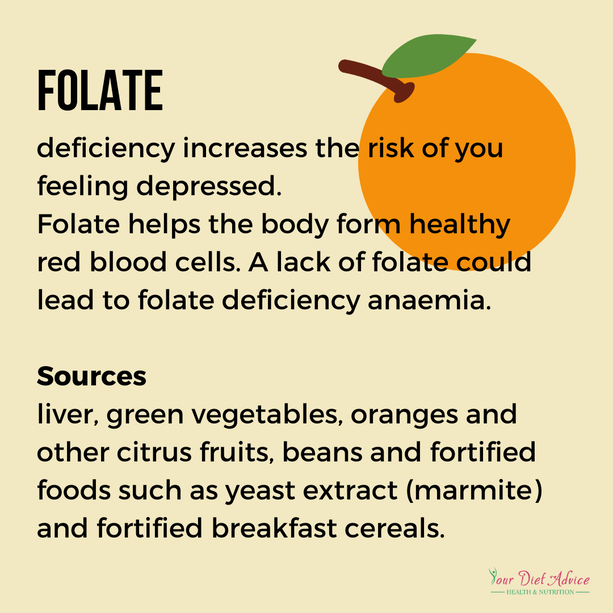
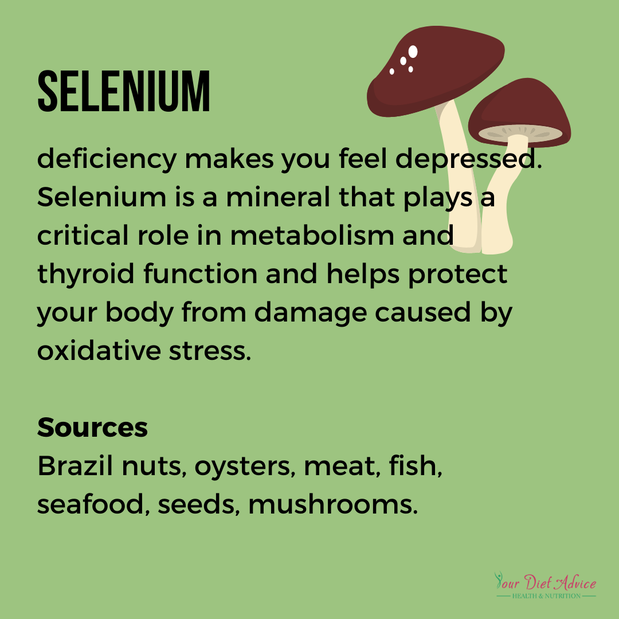
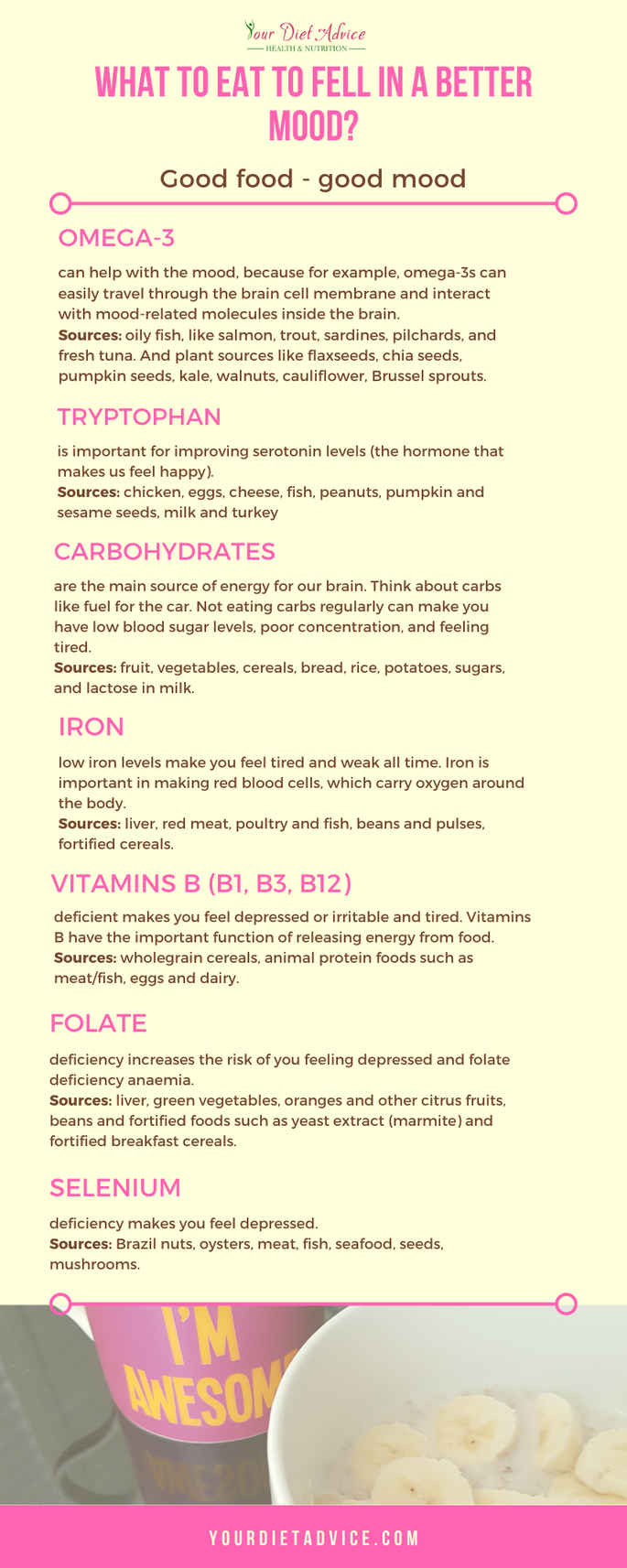

 RSS Feed
RSS Feed